Warner (Rex), Translator: PROMETHEUS BOUND BY AESCHYLUS & Shelley (Percy Bysshe): PROMETHEUS UNBOUND with a preface by Rex Warner and Drawings by John Farleigh, First Edition, slipcase, one of 1500 copies (this one 1315) The Limited Editions club, New York (1965).
PROMETHEUS BOUND BY AESCHYLUS & PROMETHEUS UNBOUND
€1,200.00
Brand
Rex Warner & Percy Bysshe Shelley
Rex Warner (1905 – 1986) English classicist, writer and translator.
He is now probably best remembered for The Aerodrome (1941). Warner was described by V. S. Pritchett as "the only outstanding novelist of ideas whom the decade of ideas produced".
He was born Reginald Ernest Warner in Birmingham, England and brought up mainly in Gloucestershire, where his father was a clergyman. He was educated at St. George's School in Harpenden, and at Wadham College, Oxford, where he associated with W. H. Auden, Cecil Day Lewis, and Stephen Spender,[5] and published in Oxford Poetry. He obtained a 1st in Classical Moderations in 1925 and later graduated with a 3rd in English in 1928,[6] he spent time teaching, some of it in Egypt.
Warner's debut story, "Holiday", appeared in the New Statesman in 1930. His first collection, Poems, appeared in 1937. Warner's poem, "Arms in Spain", a satire on German and Italian support for the Spanish Nationalists, has often been reprinted. He was a contributor to Left Review. Warner was a great admirer of Franz Kafka, and his fiction was "profoundly influenced" by Kafka's work. Warner's first three novels all reflect his anti-fascist beliefs; The Wild Goose Chase is in part a dystopian fantasy of a tyrannical government which is overthrown in a heroic revolution. His second novel, The Professor, published around the time of the Nazi Anschluss, is the story of a liberal academic whose compromises with a repressive government lead eventually to his arrest, imprisonment and execution "while attempting to escape"; contemporary reviewers saw parallels with the Austrian leaders Engelbert Dollfuss and Kurt Schuschnigg. Although Warner was initially sympathetic to the Soviet Union, "the Molotov–Ribbentrop Pact left him disillusioned with Communism". The Aerodrome was an allegorical novel whose young hero is faced with the disintegration of his certainties about his loved ones and with a choice between the earthy, animalistic life of his home village and the pure, efficient, emotionally detached life of an airman. The Times described The Aerodrome as Warner's "most perfectly accomplished novel". Why Was I Killed? (1943) was an afterlife fantasy with an anti-war theme. Warner then abandoned contemporary allegory in favour of historical novels about Ancient Greece and Rome, including Imperial Caesar for which he was awarded the 1960 James Tait Black Memorial Prize for fiction. Imperial Caesar was praised by John Davenport as "delightfully perceptive and funny" and by Storm Jameson as "brilliant, intelligent, continuously interesting. It has everything". The Converts, a novel about Saint Augustine, reflected Warner's own increasing devotion to Christianity.
Warner served in the Home Guard during World War Two. From 1945 to 1947 he was in Athens as Director of the British Institute. At that time he was involved in numerous translations of classical Greek and Latin authors. Warner's translation of Thucydides' History of the Peloponnesian War sold over a million copies. He also translated George Seferis (Poems of George Seferis, 1960).
Interviewed for the book Authors Take Sides on Vietnam, Warner argued that the US Army should withdraw from Indochina.
Later he was Tallman Professor of Classics at Bowdoin College (1961) and then professor at the University of Connecticut from 1962 for eleven years. He died in Wallingford, Oxfordshire.
Percy Bysshe Shelley (1792 – 1822) one of the major English Romantic poets and is regarded by critics as amongst the finest lyric poets in the English language.
A radical in his poetry as well as his political and social views, Shelley did not achieve fame during his lifetime, but recognition for his poetry grew steadily following his death. Shelley was a key member of a close circle of visionary poets and writers that included Lord Byron; Leigh Hunt; Thomas Love Peacock; and his own second wife, Mary Shelley, the author of Frankenstein.
Shelley is perhaps best known for such classic poems as Ozymandias, Ode to the West Wind, To a Skylark, Music, When Soft Voices Die, The Cloud and The Masque of Anarchy. His other major works include long, visionary poems such as Queen Mab (later reworked as The Daemon of the World), Alastor, The Revolt of Islam, Adonaïs, the unfinished work The Triumph of Life; and the visionary verse dramas The Cenci (1819) and Prometheus Unbound (1820).
His close circle of admirers, however, included some progressive thinkers of the day, including his future father-in-law, the philosopher William Godwin. Though Shelley's poetry and prose output remained steady throughout his life, most publishers and journals declined to publish his work for fear of being arrested themselves for blasphemy or sedition. Shelley did not live to see success and influence, although these reach down to the present day not only in literature, but in major movements in social and political thought.
Shelley became an idol of the next three or four generations of poets, including important Victorian and Pre-Raphaelite poets such as Robert Browning and Dante Gabriel Rossetti. He was admired by Oscar Wilde, Thomas Hardy, Michael Bay, George Bernard Shaw, Bertrand Russell, W. B. Yeats, Karl Marx, Upton Sinclair and Isadora Duncan. Henry David Thoreau's civil disobedience was apparently influenced by Shelley's non-violence in protest and political action.
Source: Wikipedia

You must be logged in to post a review.

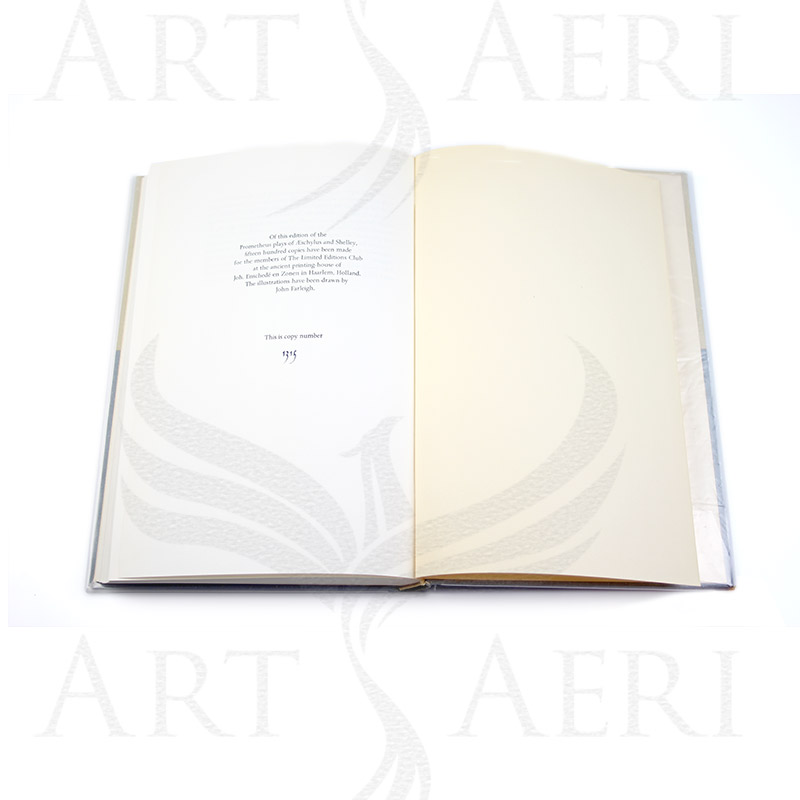
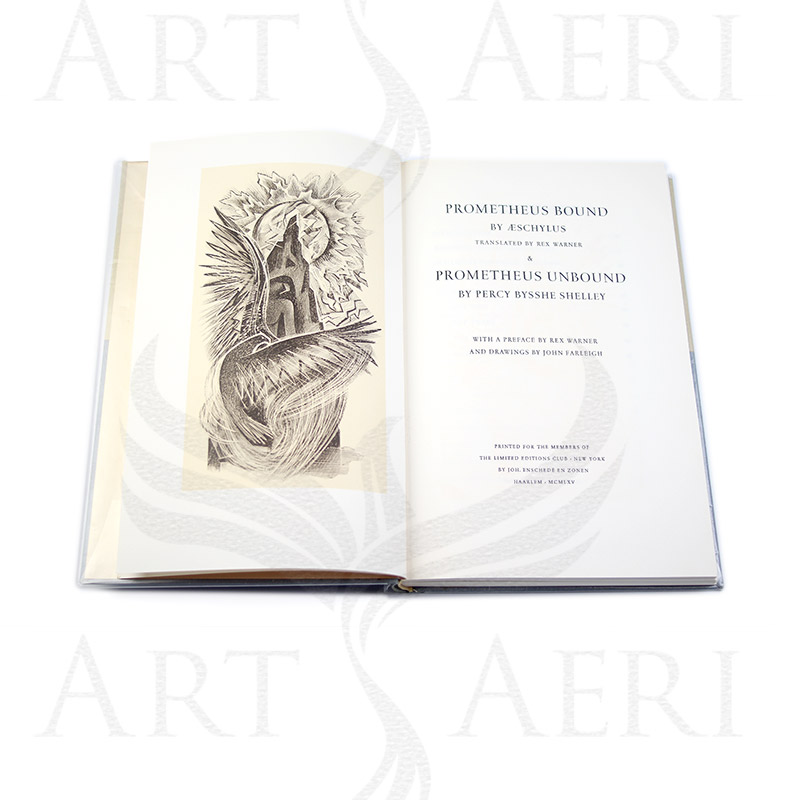
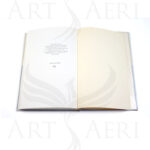
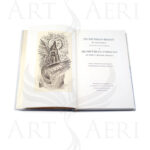
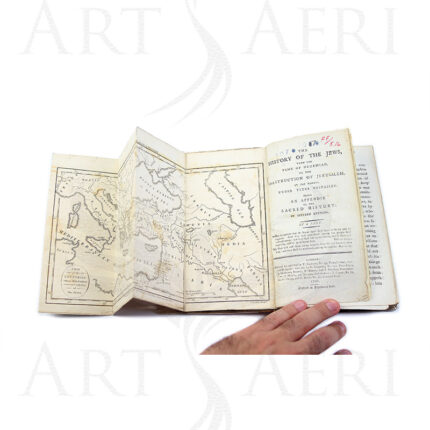
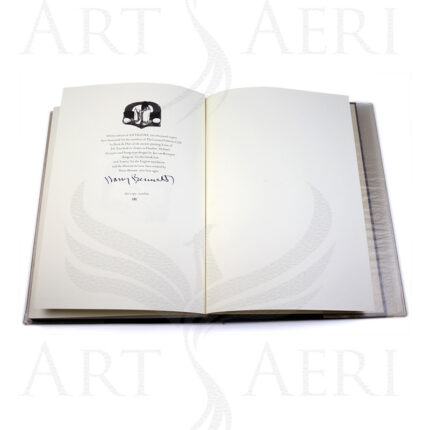









Reviews
There are no reviews yet.